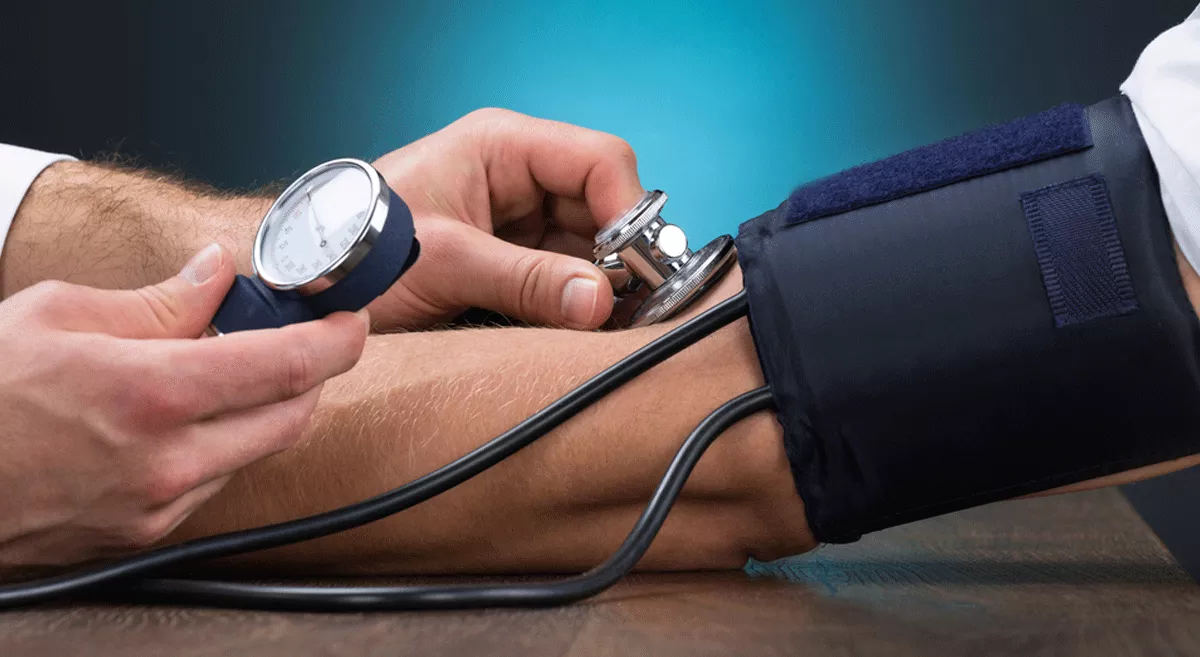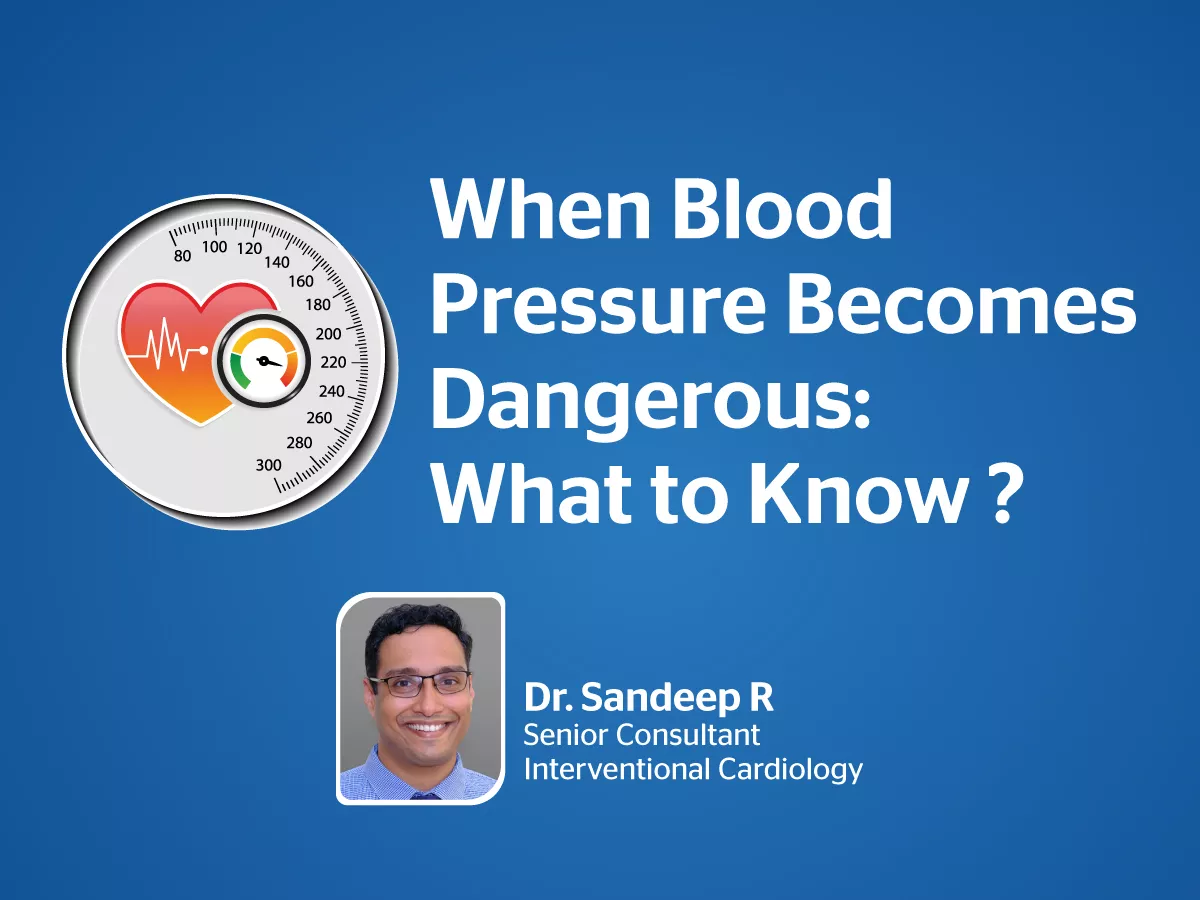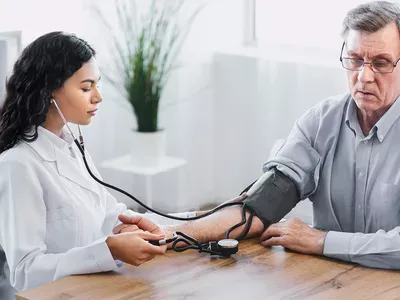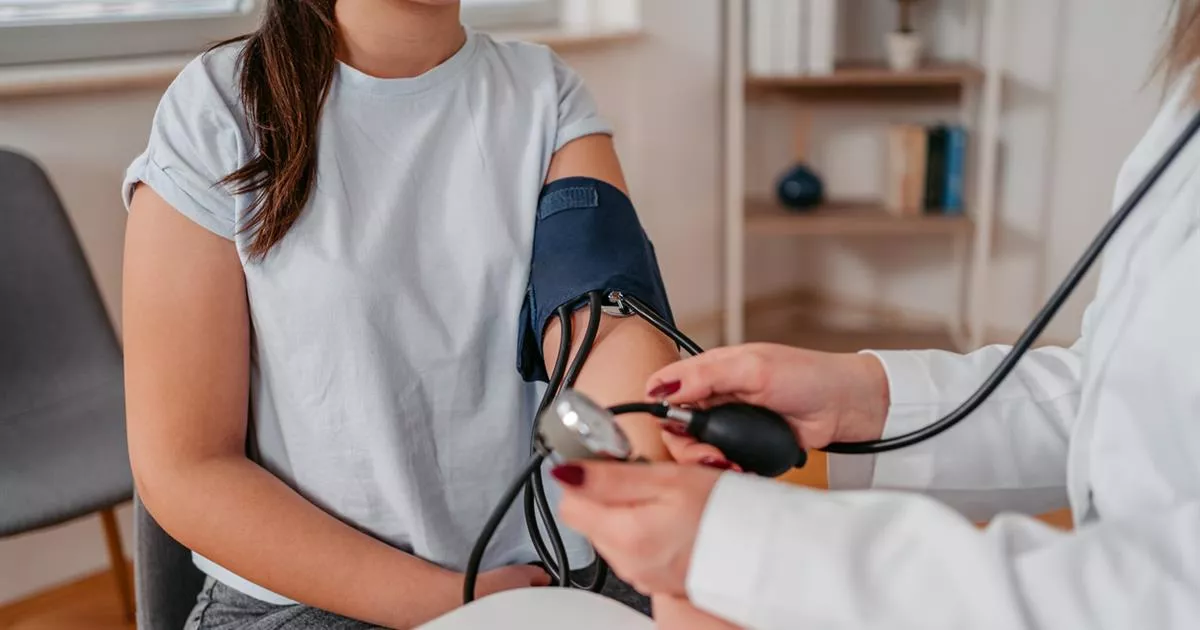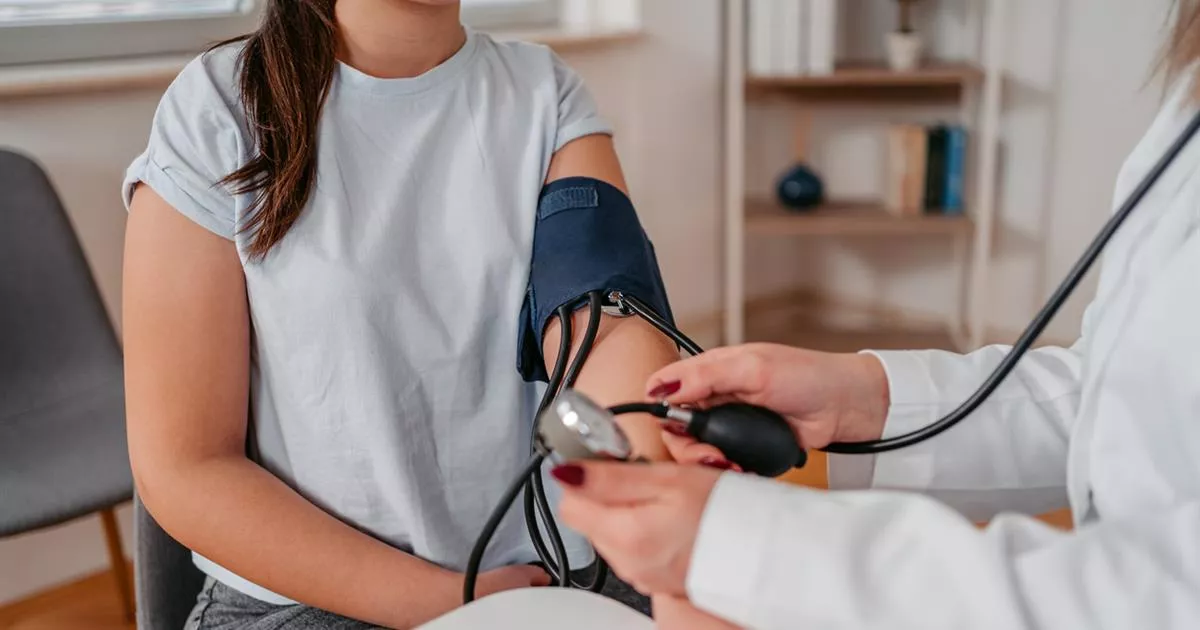A frequent disorder that damages the arteries in the body is high blood pressure. A different name for it is hypertension. Blood pressing against artery walls with too much force is a sign of high blood pressure. This is a cause for concern because pumping additional blood requires more effort from the heart.
Mercury millimetres are used to assess blood pressure (mm Hg). Blood pressure that is 130/80 mm Hg or greater is generally considered to be hypertension.
The 4 categories of blood pressure
Normal blood pressure: Up to 120/80 mm Hg for blood pressure.
Elevated blood pressure: The highest reading is between 120 and 129 mm Hg, while the bottom reading is 80 mm Hg or below.
Stage 1 hypertension: This occurs when either the top reading falls between 80 and 89 mm Hg or the bottom reading falls between 130 and 139 mm Hg.
Stage 2 hypertension: This is defined as either a peak reading of 140 mm Hg or a bottom reading of 90 mm Hg.
A hypertensive emergency or crisis is defined to have a blood pressure reading of more than 180/120 mm Hg. If you or someone you know has these blood pressure readings, get emergency medical treatment.
High blood pressure raises the risk of heart attack, stroke, and other major health issues if left untreated. Starting at age 18, it's critical to have your blood pressure monitored at least every two years. Some people require more regular examinations.
High blood pressure may be prevented and treated with healthy lifestyle choices including quitting smoking, exercising, and eating healthily. Some individuals require medication to lower their blood pressure.
When should you visit the doctor?
Screening for high blood pressure is a crucial component of general healthcare. Your age and general health will determine how frequently you should have your blood pressure tested.
Beginning at the age of 18, get a blood pressure check from a cardiology hospital at least every two years. Ask for a yearly blood pressure check if you are 40 years of age or older, or if you are between the ages of 18 and 39 and have a high risk of developing high blood pressure.
If you have high blood pressure or other heart disease risk factors, your healthcare provider might advise getting your blood pressure checked more frequently.
As part of their regular exams, children three years old and older may have their blood pressure checked.
If you don't see a doctor on a regular basis, you might be able to receive a free blood pressure check at a health resource fair or another place in your neighbourhood. Additionally, several shops and pharmacies provide free blood pressure equipment. The optimal cuff size and appropriate machine usage are just two factors that affect how accurate these devices are. Obtain instructions about using public blood pressure monitors from your healthcare physician.
Causes
Two factors affect blood pressure: the volume of blood the heart pumps and the difficulty of the blood's passage through the arteries. Blood pressure increases when arteries become more constricted and the heart pumps more blood.
High blood pressure can come in two different forms.
Primary hypertension
Most individuals with high blood pressure have no known reason. Primary hypertension, also known as essential hypertension, is this kind of high blood pressure. It often grows gradually over a long period of time. High blood pressure risk is heightened by atherosclerosis, a buildup of plaque in the arteries.
Secondary hypertension
An underlying illness is a reason for this kind of elevated blood pressure. It typically manifests quickly and raises blood pressure more so than basic hypertension does. Secondary hypertension may be brought on by the following conditions and medications:
- Tumours in the adrenal gland
- Medications for treating colds and coughs, certain painkillers, birth control pills, and other prescription medications
- A kidney condition
- Congenital heart abnormalities, also known as blood vessel issues, are present at birth.
- Cocaine and amphetamines are prohibited substances.
- Sleep apnea that is obstructed
- Thyroid issues.
Symptoms of Hypertension
The majority of patients have no symptoms
- Recurrent headache
- Shortness of breath
- Dizziness
- Irregular heartbeat
- Vomiting/nausea
- Nose bleed.
If you experience any of the above symptoms, please seek medical help without delay.
Risk factors
There are various risk factors for high blood pressure, including:
- Age: As people age, their chance of having high blood pressure rises. High blood pressure is more prevalent in men up to age 64. After the age of 65, women are more prone to high blood pressure.
- Genetics: If either of your parents or a sibling has high blood pressure, you are more likely to get it yourself.
- Inactivity: Lack of exercise can lead to weight gain. High blood pressure risk increases with weight gain. Inactive people frequently have greater heart rates.
- Being overweight or obese: The blood arteries, kidneys, and other organs of the body alter as a result of excess weight. Frequently, these modifications raise blood pressure. Additionally increasing the risk of heart disease and its risk factors, such as high cholesterol, is being overweight or obese.
- Smoking or vaping: The sudden and temporary increase in blood pressure caused by smoking, chewing tobacco, or vaping. Smoking tobacco damages the blood vessel walls and hastens the artery hardening process. Ask your healthcare professional for advice on how to stop smoking if you currently do.
- Low amounts of potassium: Salt homeostasis in the body's cells is aided by potassium. For healthy hearts, potassium levels must be balanced properly. Low potassium levels can result from a diet low in minerals or from other medical disorders, such as dehydration.
- Excessive salt intake: The body can retain fluid if there is too much salt, commonly known as sodium, in it. Blood pressure is raised as a result.
- Stress: High-stress levels might cause a brief rise in blood pressure. Stress-related behaviours like eating more, smoking, or drinking alcohol can cause blood pressure to rise even higher.
- Overindulging in alcohol: Blood pressure has been linked to drinking alcohol, especially in men.
- Chronic conditions: High blood pressure is a complication of several medical disorders, including kidney disease, diabetes, and sleep apnea.
- Pregnancy: Sometimes, elevated blood pressure occurs during pregnancy.
- Adults are most frequently affected by high blood pressure. But high blood pressure can also occur in children. Kidney or cardiac issues might result in high blood pressure in children. However, an increasing number of children are developing high blood pressure as a result of improper food and activity habits.
Complications
High blood pressure damages blood vessels and internal organs by placing an excessive amount of pressure on the artery walls. The harm increases when blood pressure rises and remains uncontrolled for a longer period of time.
Uncontrolled hypertension can result in issues like:
- Aneurysm: An aneurysm is a weakening and ballooning blood vessel that develops as a result of high blood pressure. A ruptured aneurysm may pose a risk to life.
- Angina or a stroke: A heart attack, stroke, or other difficulties might result from the hardening and thickening of the arteries brought on by excessive blood pressure or other conditions.
- Kidney issues: The blood arteries in the kidneys may constrict or weaken as a result of high blood pressure. This could harm your kidneys.
- Heart attack: High blood pressure makes it more difficult for the heart to pump blood. The walls of the pumping chamber of the heart get thicker due to the strain. The term "left ventricular hypertrophy" refers to this ailment. Heart failure results when the heart can no longer adequately pump blood to satisfy the body's demands.
- Eye issues: Blood vessels in the eyes may become thicker, narrower, or torn as a result of high blood pressure. Loss of eyesight may come from this.
- Changes in memory or comprehension: Uncontrolled high blood pressure can interfere with one's capacity for thought, memory, and learning.
- Metabolic disorder: This syndrome is a collection of metabolic abnormalities. It entails glucose, a sugar, breaking down irregularly. The syndrome is characterised by a larger waist circumference, elevated triglyceride levels, lower HDL cholesterol (the "good"), elevated blood pressure, and elevated blood sugar levels. Diabetes, heart disease, and stroke are all illnesses that increase your risk of developing them.
- Dementia: Blood flow to the brain can be restricted by narrowed or obstructed arteries. Vascular dementia, a specific kind of dementia, may result from this. Vascular dementia can also be brought on by a stroke that cuts off the blood supply to the brain.
Preventing And Managing Hypertension
High blood pressure can be prevented and managed efficiently by adopting a healthy lifestyle. Here’s what you need to do:
- Exercise – physical exercise for 40 minutes a day can help control your blood pressure. Exercise helps pump blood across the body efficiently, keeps your heart and brain healthy, burns away excess body fat/calories and maintains your body weight – all of which helps keep your blood pressure levels under control. Brisk walking for 40 minutes every day is the easiest form of exercise plan you can follow.
- Healthy diet – eat well-balanced, nutritious meals, on time. Eat more vegetables, fruits, green leafy vegetables, legumes, pulses, whole grain, white meat, fish, soya and nuts; have less red meat, eggs, full fat milk products, salt restriction and caffeine.
- Avoid junk food – stay away from foods high in sugar, salt, preservatives and oil.
- Stay hydrated – drink plenty of water, avoid carbonated drinks
- Quit smoking and alcohol – smoking and drinking worsens hypertension
- Manage stress – anxiety and stress can cause hypertension. Manage stress with calming techniques like meditation and Yoga.
Conclusion
If high blood pressure is not treated, it might increase your chance of catastrophic illnesses including heart attack, renal failure, and stroke later in life. However, you can control your blood pressure if you adhere to your doctor's directions. Make sure to take any prescription medications exactly as directed by your cardiologist in Kochi Kerala. Even if your blood pressure readings start to fall into the normal range, keep taking them. Living a healthy lifestyle that includes eating well, keeping an eye on your weight, and exercising frequently is also a fantastic strategy to regulate your blood pressure.
